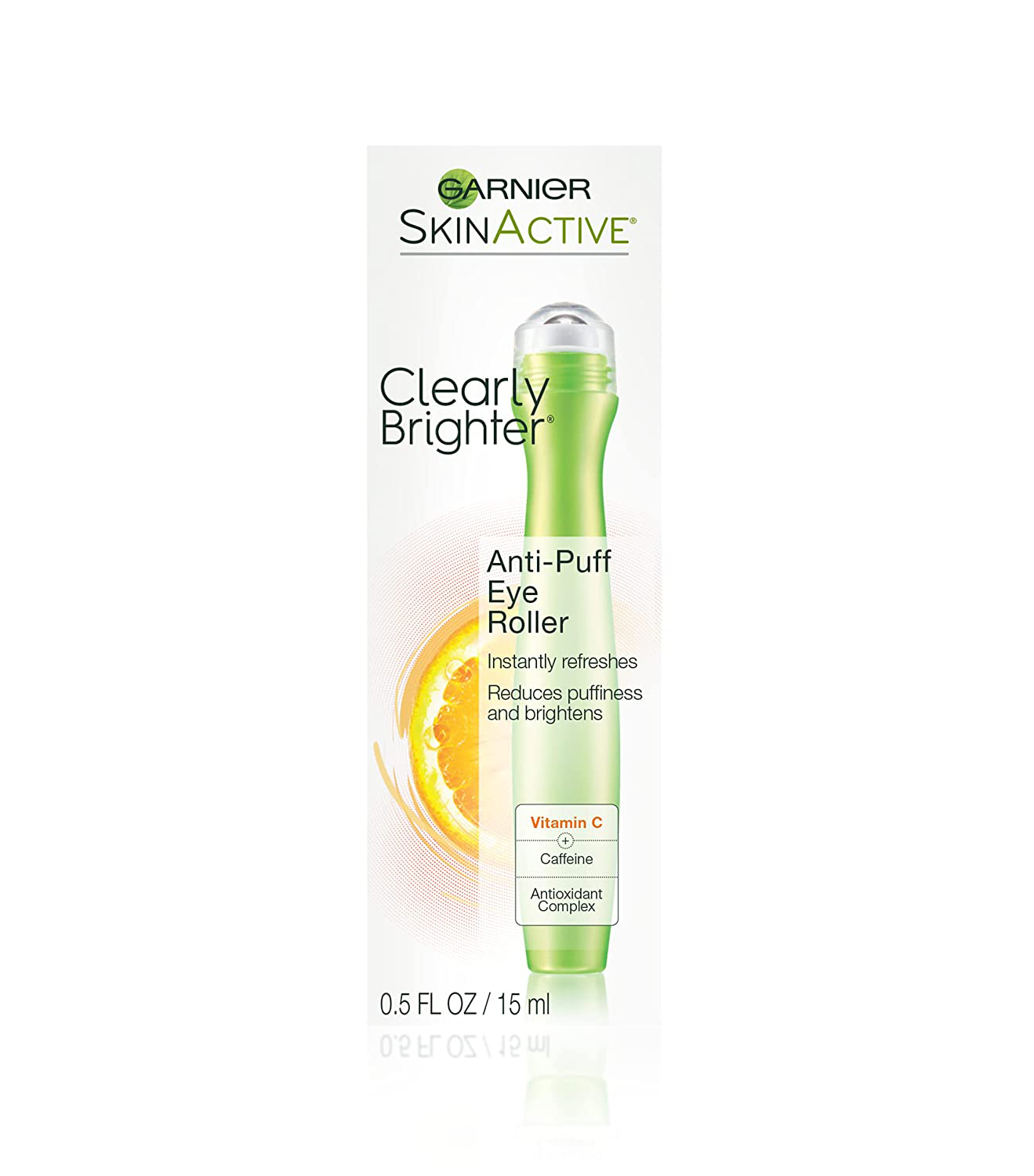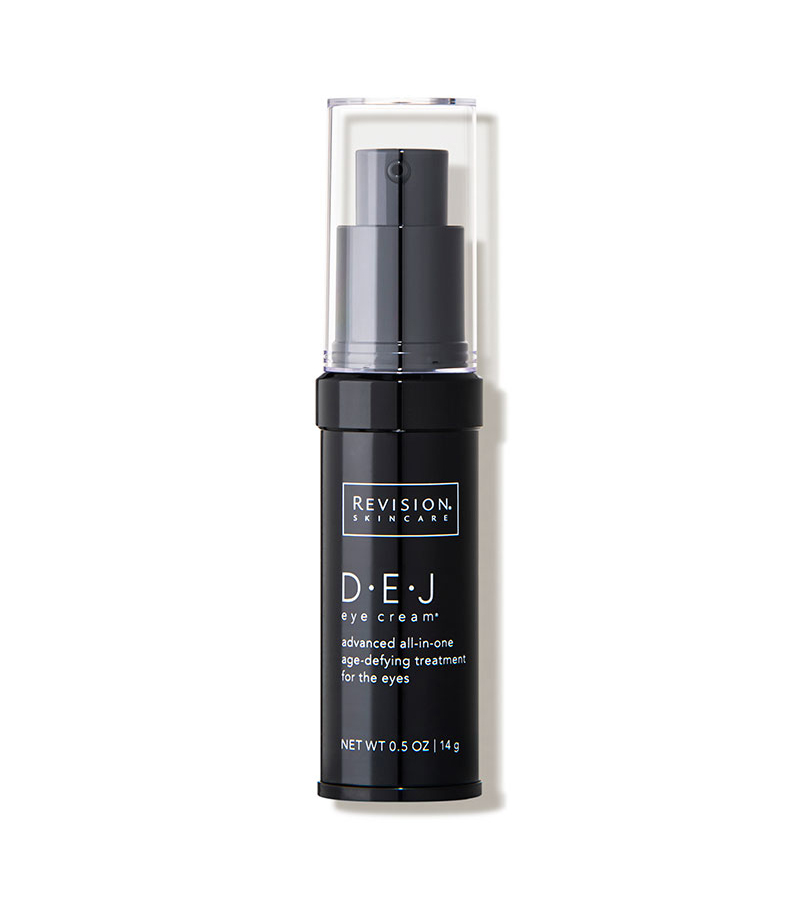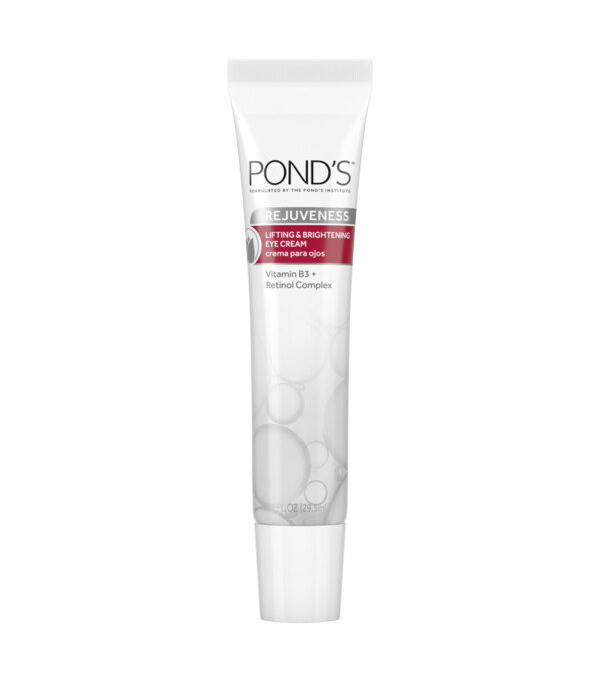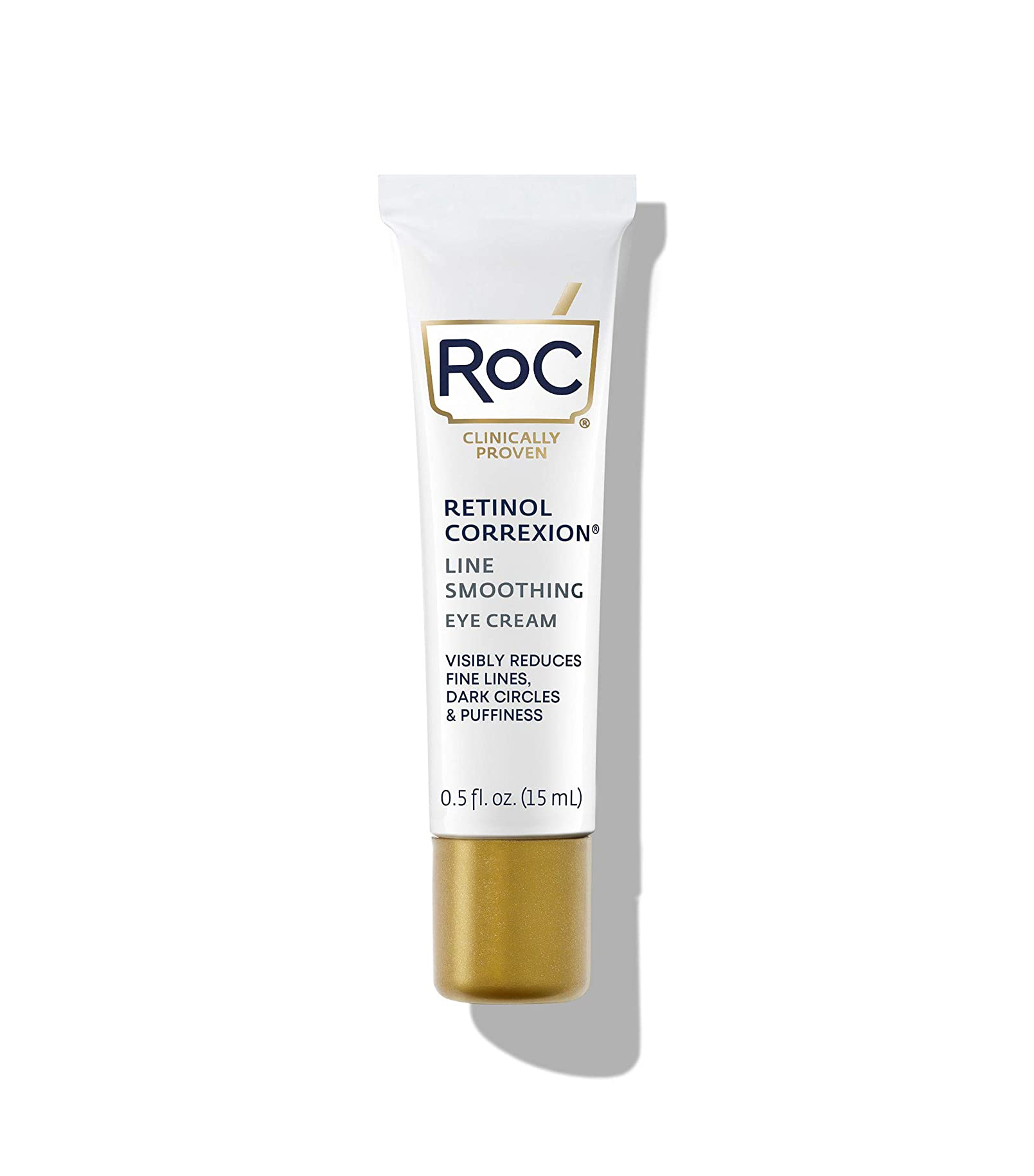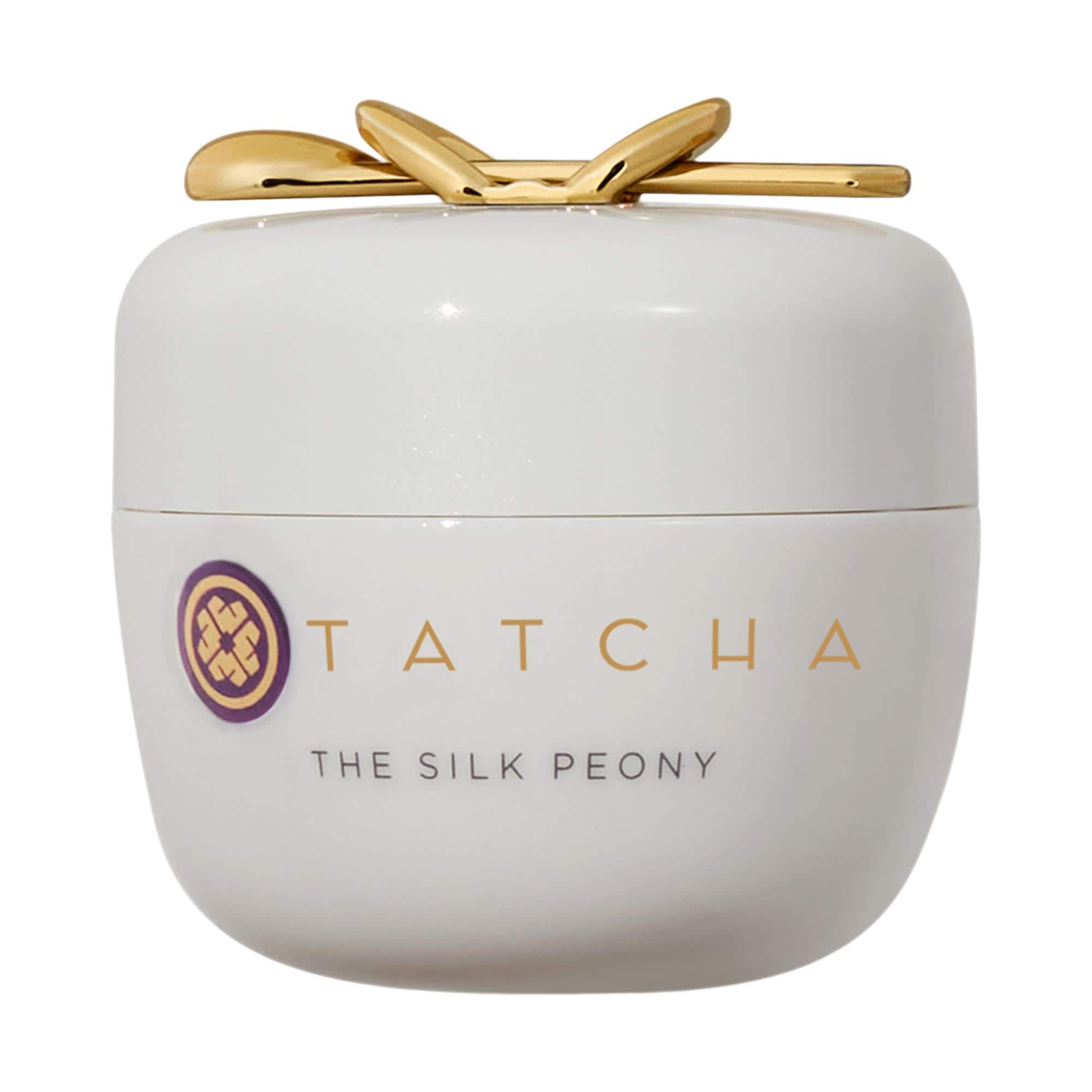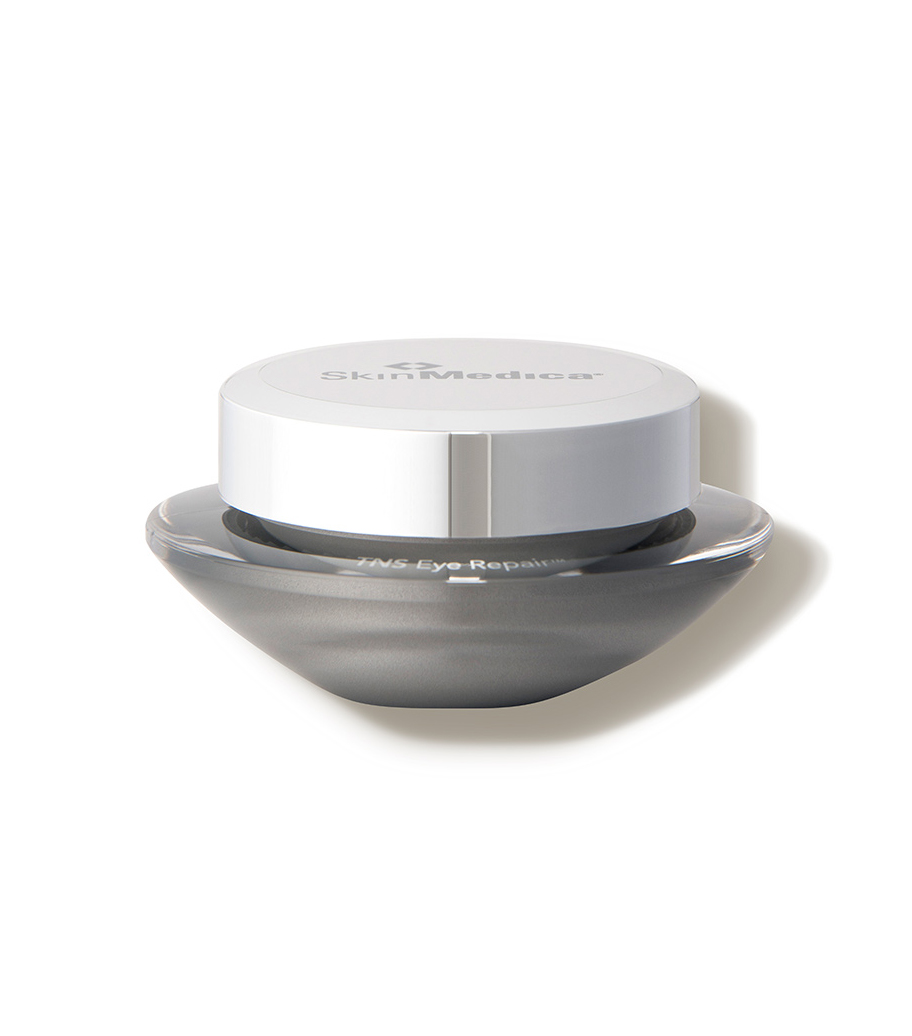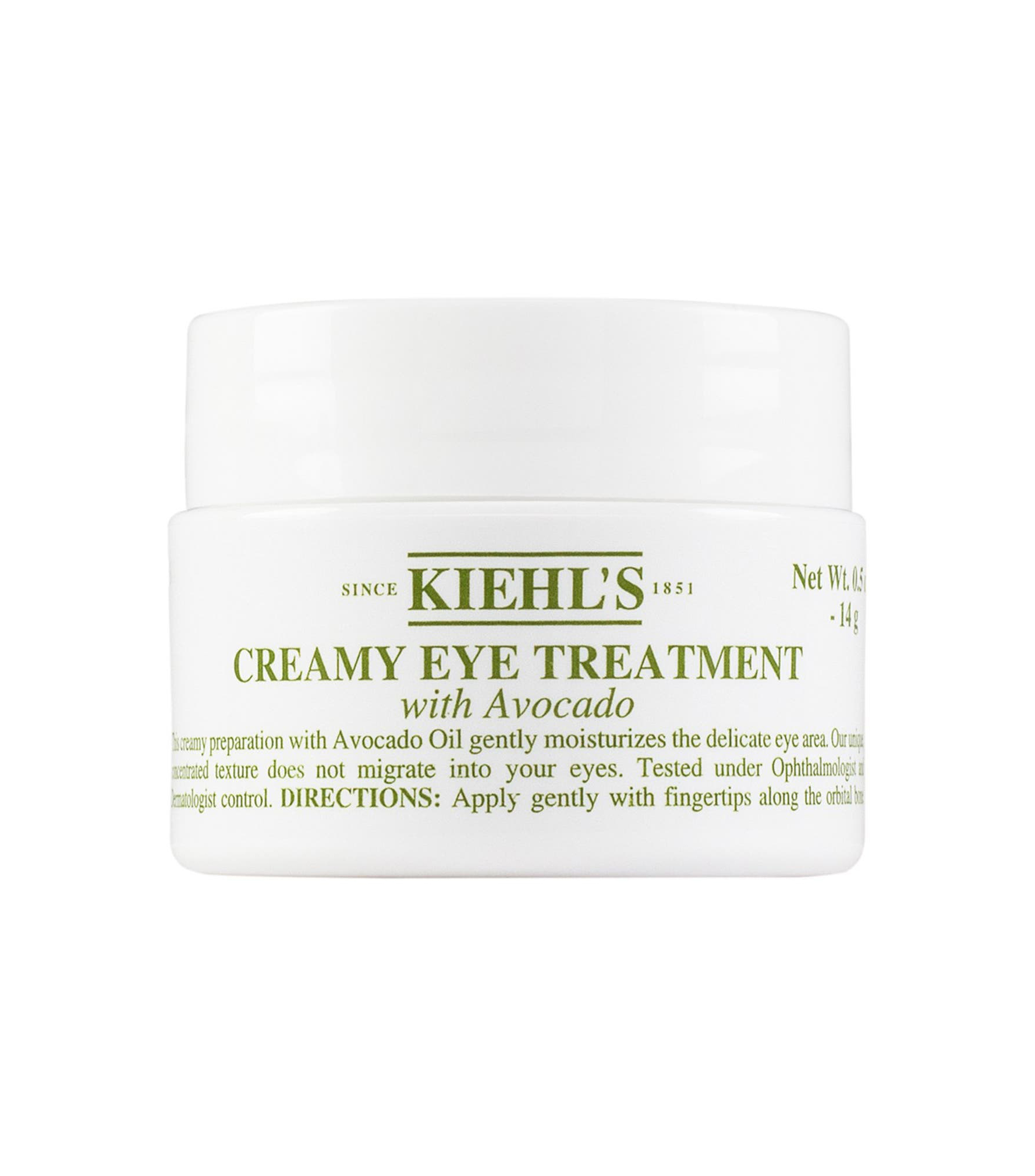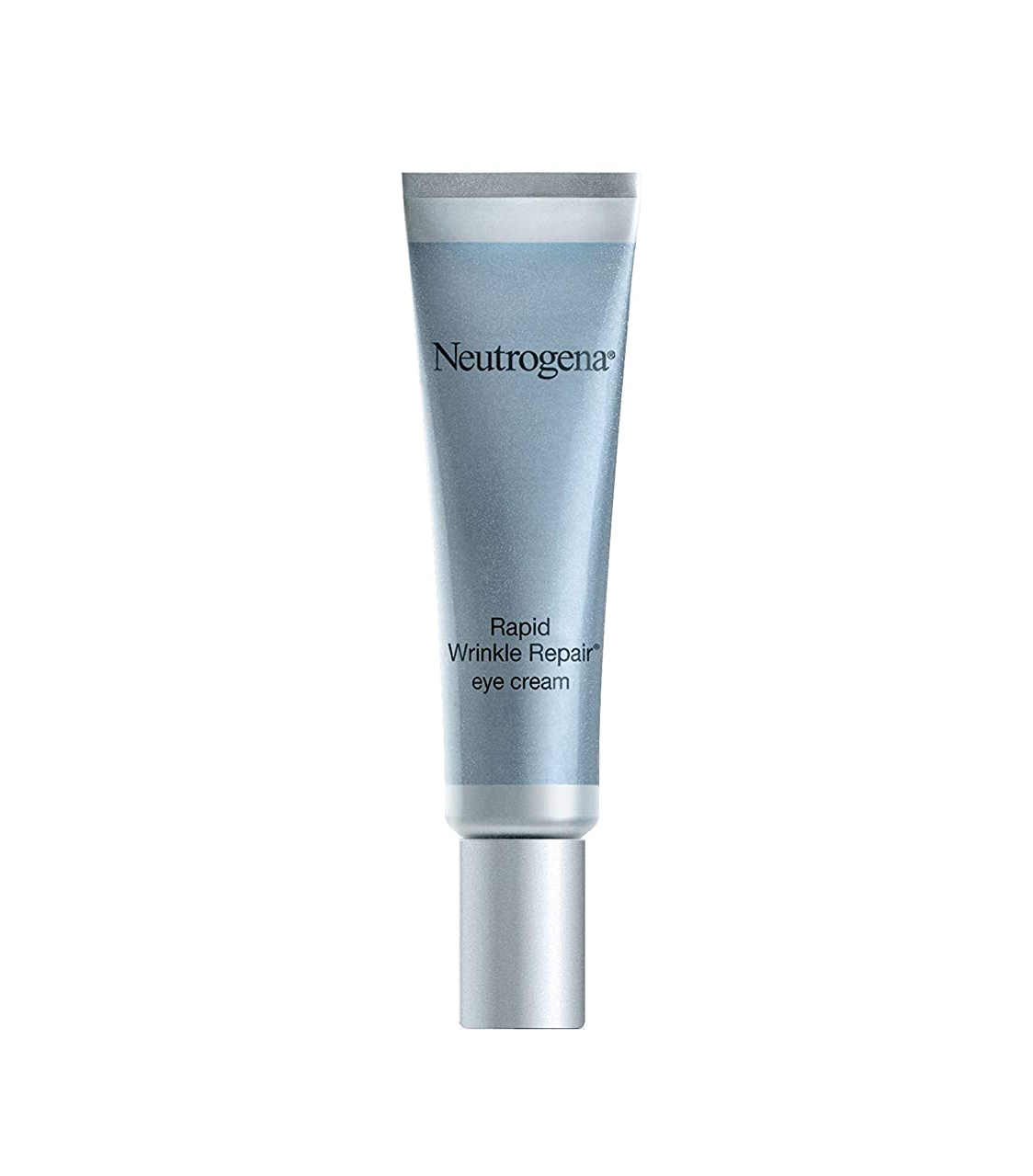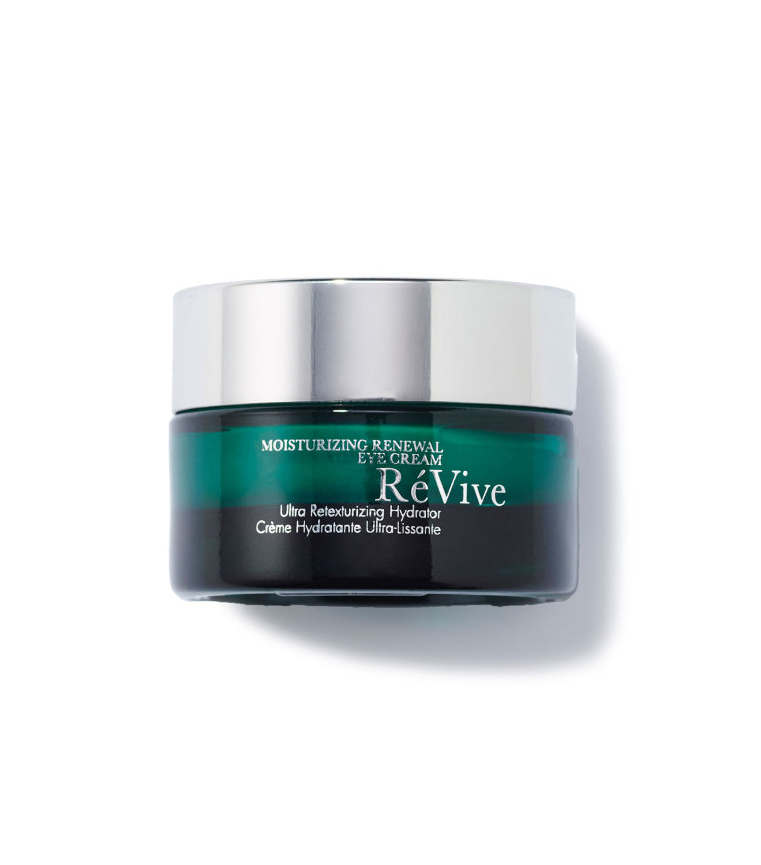This Is the One Skincare Product I Wish I Used More in My 20s
In my 20s, I had a pretty minimal, simple skincare routine. My normal products were cleanser, toner, moisturizer (and a lot of it because my skin can get dry), and most importantly, sunscreen. I think I didn't screw things up so much, because at the age of 32, my skin is healthy and glowy—I think even more so than in my 20s actually because I'm taking better care of it, working out more, eating better, and just living a more balanced lifestyle. And of course, I do have to give some credit to my genes for the state of my skin.
I've been writing a couple of stories recently about skincare in your 30s, and pretty much every dermatologist I've spoken to says prevention is key. Taking care of your skin as early as you can is very important. But that doesn't necessarily mean everyone needs to get fancy treatments or use shelves and shelves of products. Many of the dermatologists I spoke to said if you're going to have a lineup of products, it should be a cleanser, vitamin C serum, retinol, and sunscreen.
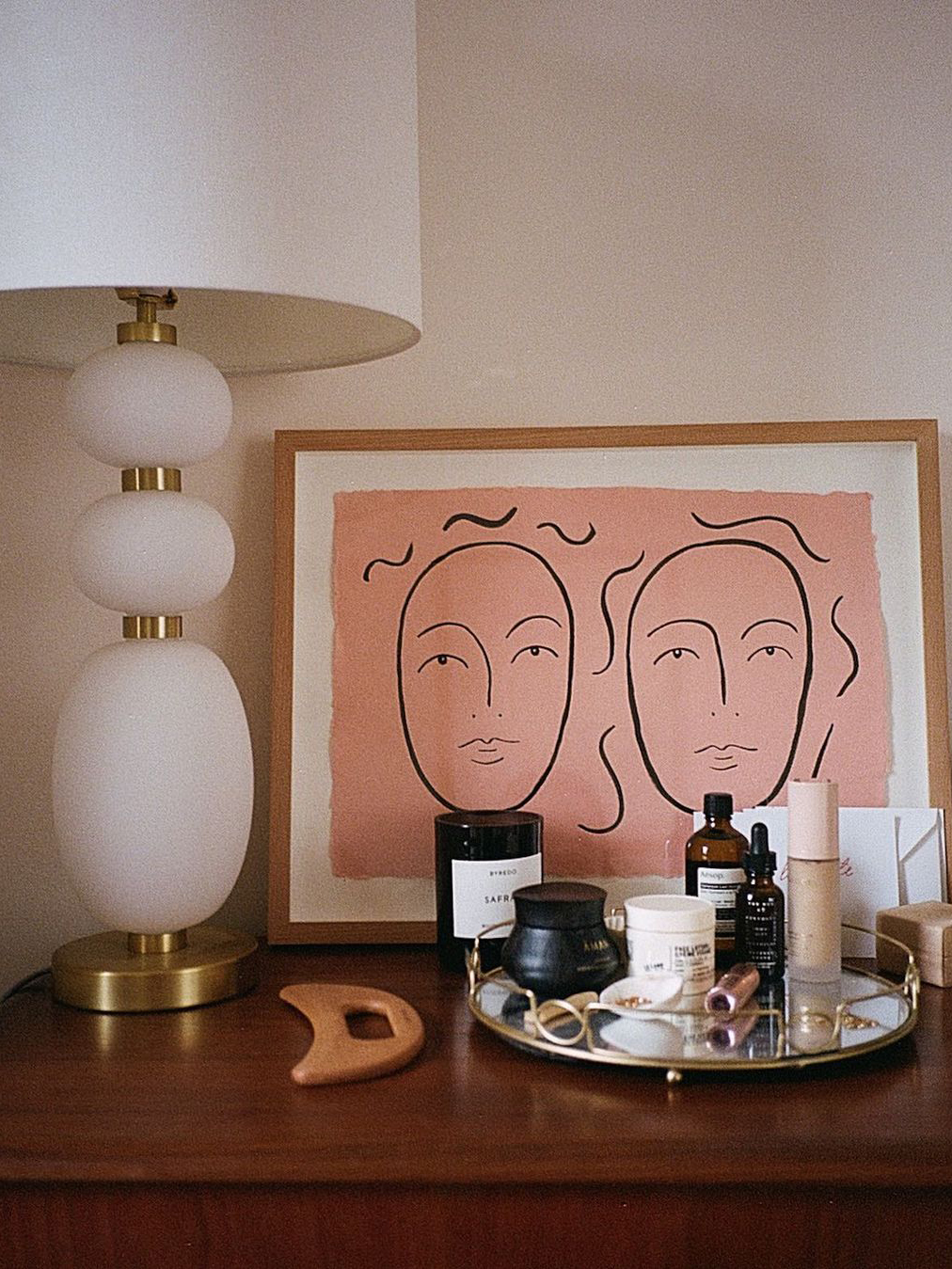
There is one product that I personally wish I used more in my 20s, though: eye creams. And it's not because I am stressing about fine lines and wrinkles. After learning that the skin around your eyes is the most delicate area, I felt a little guilty that I didn't take care of that area so much before. I think about all the eye makeup looks I wore on nights out that I then scrubbed off with not-the-gentlest makeup removers, and it makes me cringe a little. Plus, I didn't start dealing with the dark circles under my eyes until just a few years ago. Before that, I just slathered on concealer and called it a day. So when I started regularly using eye creams in my 30s, I noticed it makes all the difference for me, especially since I'm prone to dryness in that area, and I regularly use various eye drops for glaucoma, which can sometimes irritate my skin. My eyes now look brighter and smoother.
It's important to note that not everyone needs an eye cream, but I believe the ones I've tried have helped me. And if you're freaking out wondering if you should be using one, just remember that you have to do what works with your specific skin needs. "Most importantly, remember that you have not done much damage yet!" says Heather D. Rogers, MD, founder and CEO of Doctor Rogers Restore and co-founder of Modern Dermatology. "Now is the time to make and keep those good habits to protect your skin. It is so much easier to prevent than reverse."
What Does an Eye Cream Do?
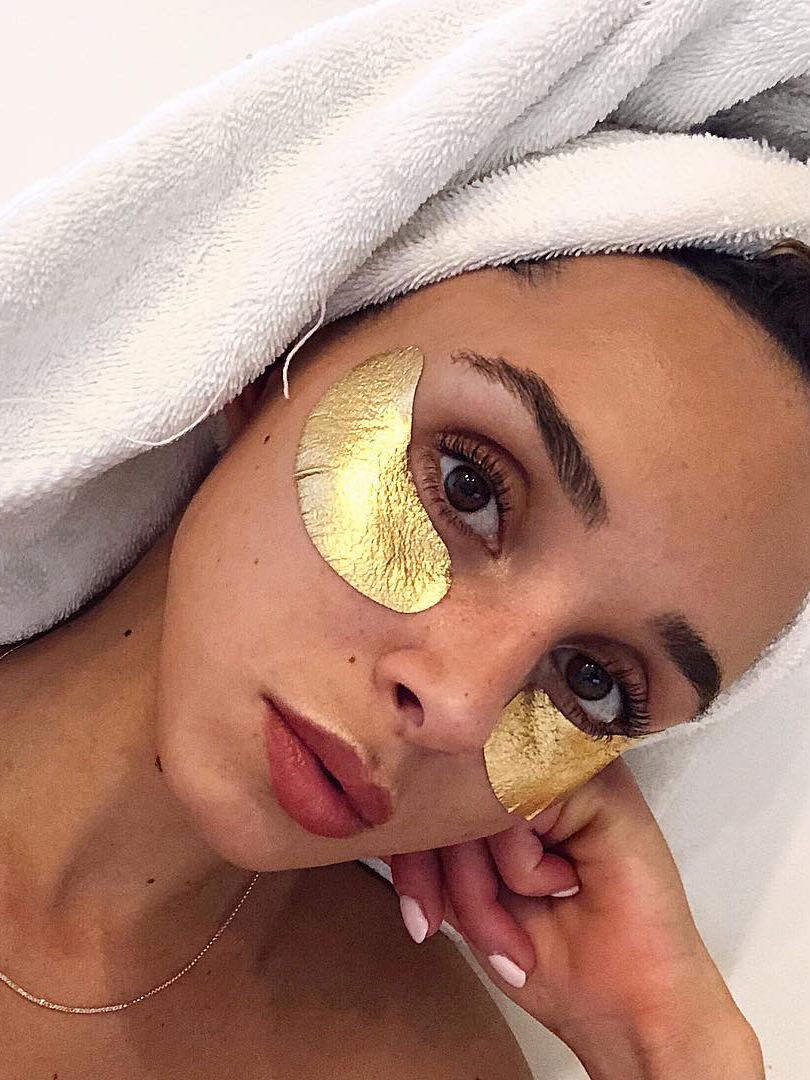
Since the skin around the eyes is the thinnest and most delicate skin, it is one of the first areas where you might note signs of aging, even in your 20s, explains Joyce Imahiyerobo-Ip, MD, FAAD, owner of Vibrant Dermatology and SkinBar MD. "The most common eye-related complaints I see are dark under-eye circles, crêpey skin, and sunken tired-looking eyes," she says. "Eye creams can help with the first two complaints. By using eye cream starting in your 20s, it can help prevent fine lines and wrinkles and help keep skin plump and well hydrated. It's also important to follow this up with sunscreen to avoid damage from harmful UV rays."
Whether you use an eye cream or not is a personal preference and depends on your skin needs. Board-certified dermatologist and founder of Skin Wellness Dermatology Corey L. Hartman, MD, FAAD, suggests that people start using an eye cream at the first sign of discoloration, dryness, or crêpey skin. There are a number of factors that could contribute to changes in that area, like dryness, thinness, and sensitivity to changes in hydration, sleep, and allergies.
"It is necessary to take care to fortify the area with extra hydration and moisture and to provide antioxidants and nutrients to protect the skin from environmental changes and heredity," Hartman explains. "Some believe that simply applying your moisturizer to your eyes is enough, but I have found success using specialized eye creams that are tailored to the specific needs of the patient."
Rogers actually prefers using a moisturizer instead and doesn't use a dedicated eye cream. "Many movie stars, including Marilyn Monroe and Jennifer Aniston, have admitted to using Vaseline around their eyes," she says. "Petroleum jelly sits on top of the skin, protecting it from irritation and preventing water loss. This is a good thing, but there are better options! You want a product that will add water and oil back into your skin, not just prevent what's there from leaving. And that is all ingredients like petroleum, dimethicone, mineral oil, and microcrystalline wax do."
Daily sunscreen, preventive Botox, laser resurfacing, oral collagen, and topical retinoids are other options for protecting your skin against the signs of aging. And lifestyle habits play a factor too. "Getting enough sleep; reducing squinting by wearing sunglasses outside; limiting your intake of salt, simple sugars, and alcohol; and not smoking all help slow the aging process by building collagen or slowing its breakdown," Rogers adds.
What to Look for in an Eye Cream
Ideally, a good eye cream will replenish moisture to the area and help with puffiness, fine lines, and discoloration. "Eye creams contain different active ingredients to address specific concerns like hyperpigmentation, hemosiderin staining, skin 'crinkles,' crêpe-like skin, eyelid edema, and increased vascularity," Hartman explains. "The right product can reduce the need for concealer by addressing all of these concerns and preventing the area from aging quite as quickly." Many people in their 20s might see discoloration or puffiness in the preorbital area, and Hartman recommends looking for ingredients like vitamin K, vitamin C, hyaluronic acid, caffeine, and arnica.
Rogers also suggests looking for a well-formulated hypoallergenic cream with emollients made from vegetable oils and fatty acids that your skin can use, and humectants like glycerin that pull water into the skin will help plump up your skin, including on your eyelids.
When to Apply Eye Cream
When applying a product to the eye area, Hartman says you should be gentle because the slightest irritation can cause inflammation that leads to discoloration and wrinkles. "Apply eye cream after washing the face and by dabbing first and then rubbing it in," he says. "Be sure to start with the skin under the eye but include the crow's-feet and upper eyelid as well."
The Best Eye Creams to Shop in Your 20s
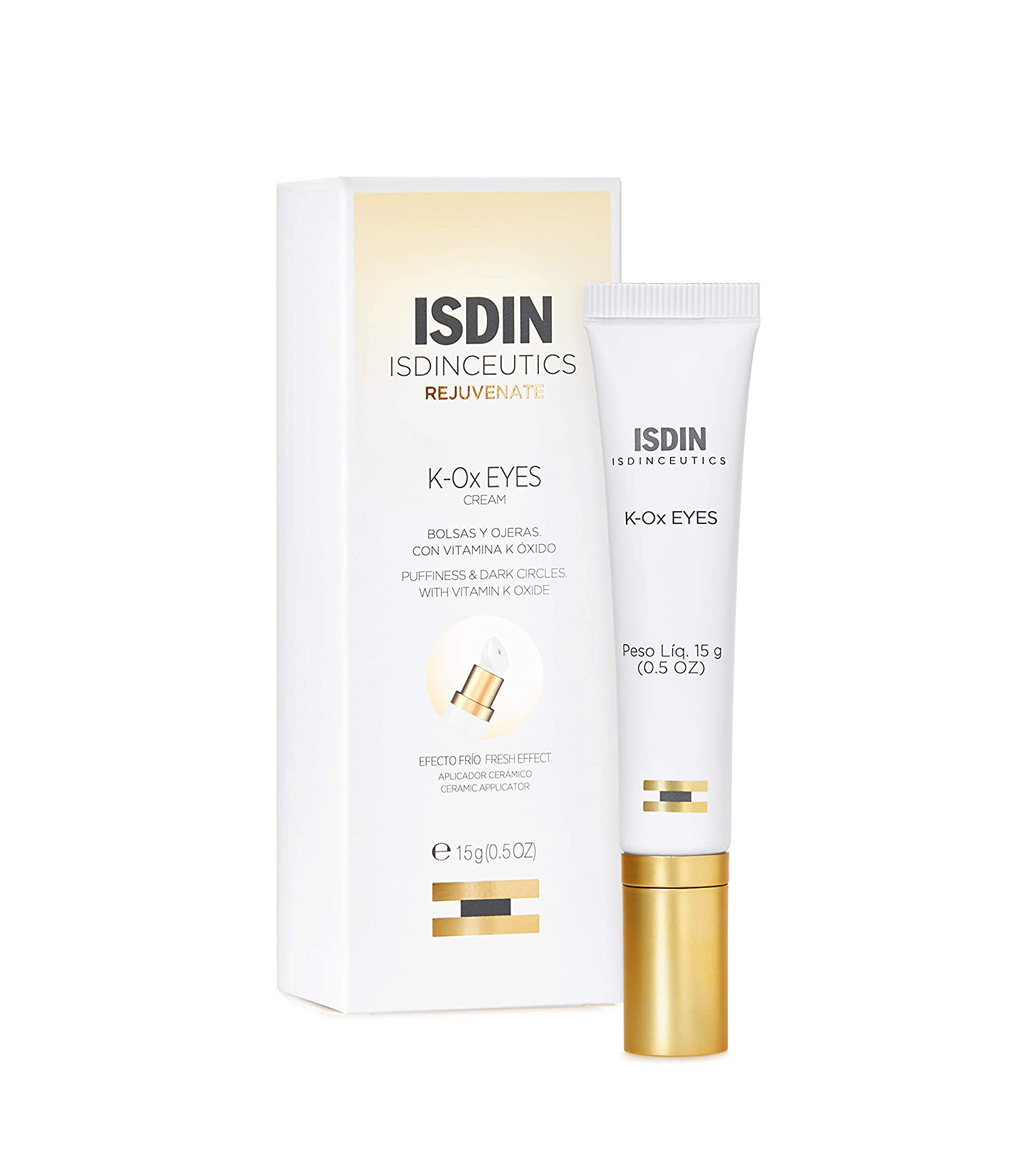
"The thin skin of the eyelids displays the prominent blood vessels and hemosiderin deposits that give the area a purple hue," Hartman says. "Enter Isdin K-Ox Eyes. It contains vitamin K to treat the darkness, Haloxyl to improve firmness and tone, and hyaluronic acid to improve hydration as it moisturizes."
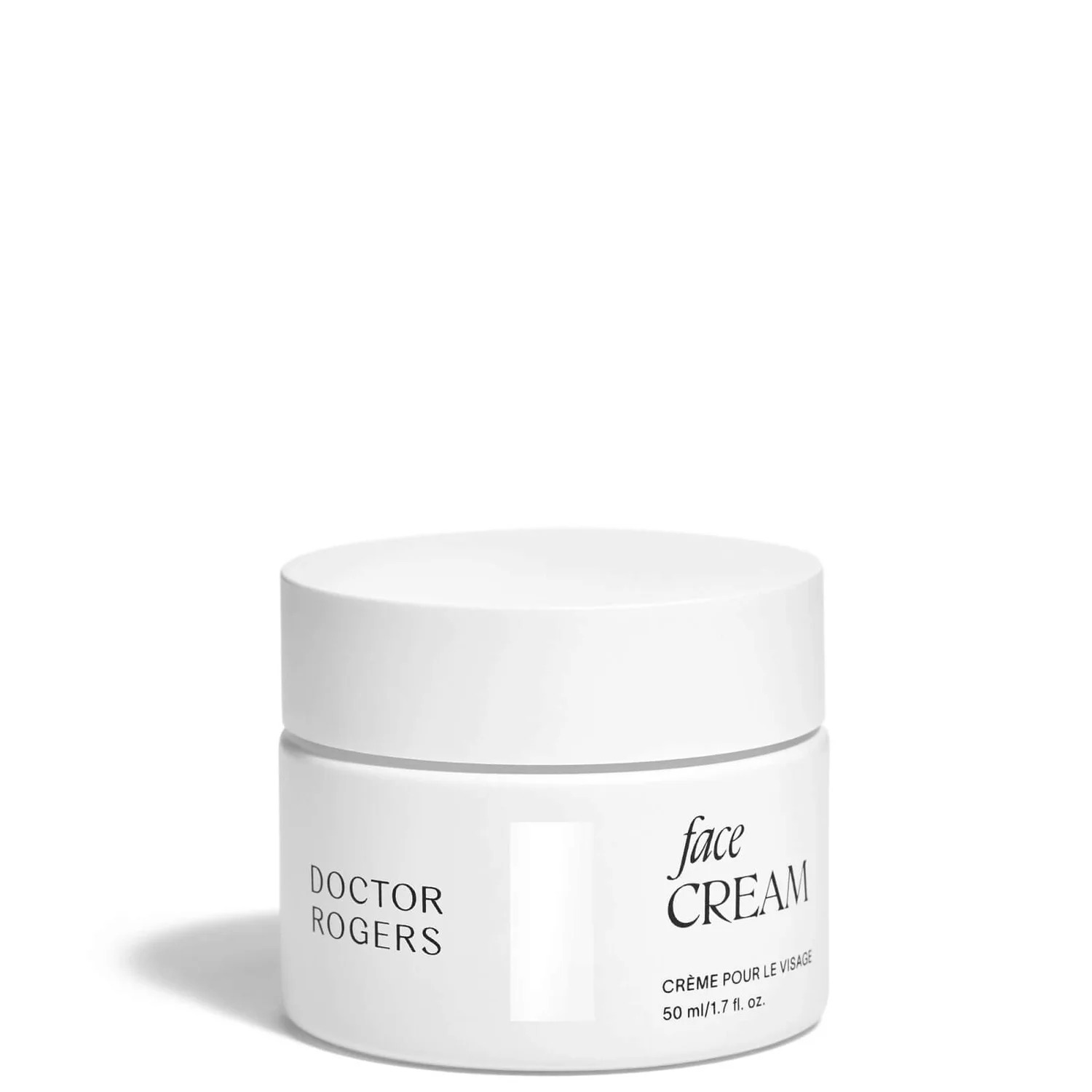
Rogers uses her own face cream on her face, eyelids, neck, and the backs of her hands. "It has the best ingredient list I can find for feeding the skin to keep it healthy and beautiful," she says. "If my eyelid skin is irritated, then in the evening I'll apply my Healing Balm after my Cream to protect and hydrate all night long. Eyelid skin is thin and easily irritated. This inflammation breaks down collagen and ages the skin. You have to be careful and selective about what you are using in such a sensitive area. The Restore Face Cream has so much good, safe, effective stuff in it and is more than three times the typical eye cream's size."
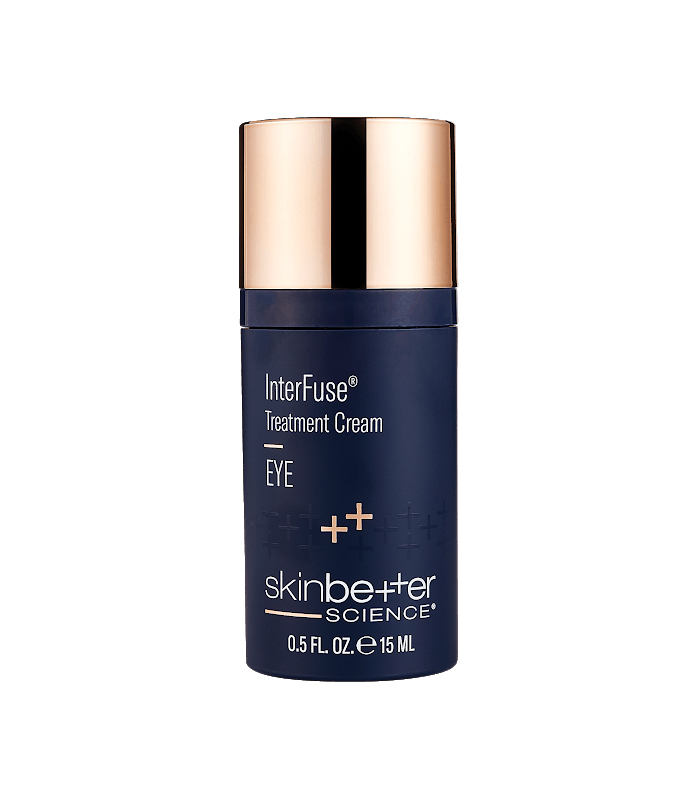
Both Hartman and Imahiyerobo-Ip recommend this one. "It is a favorite in my practice for its ability to do it all," Hartman explains. "A blend of vitamin C, caffeine, and neuro-calming peptides fight puffiness and provide a brightening effect while locking in moisture through its use of humectants. This is my go-to product for younger patients who need a reliable product that can do it all."
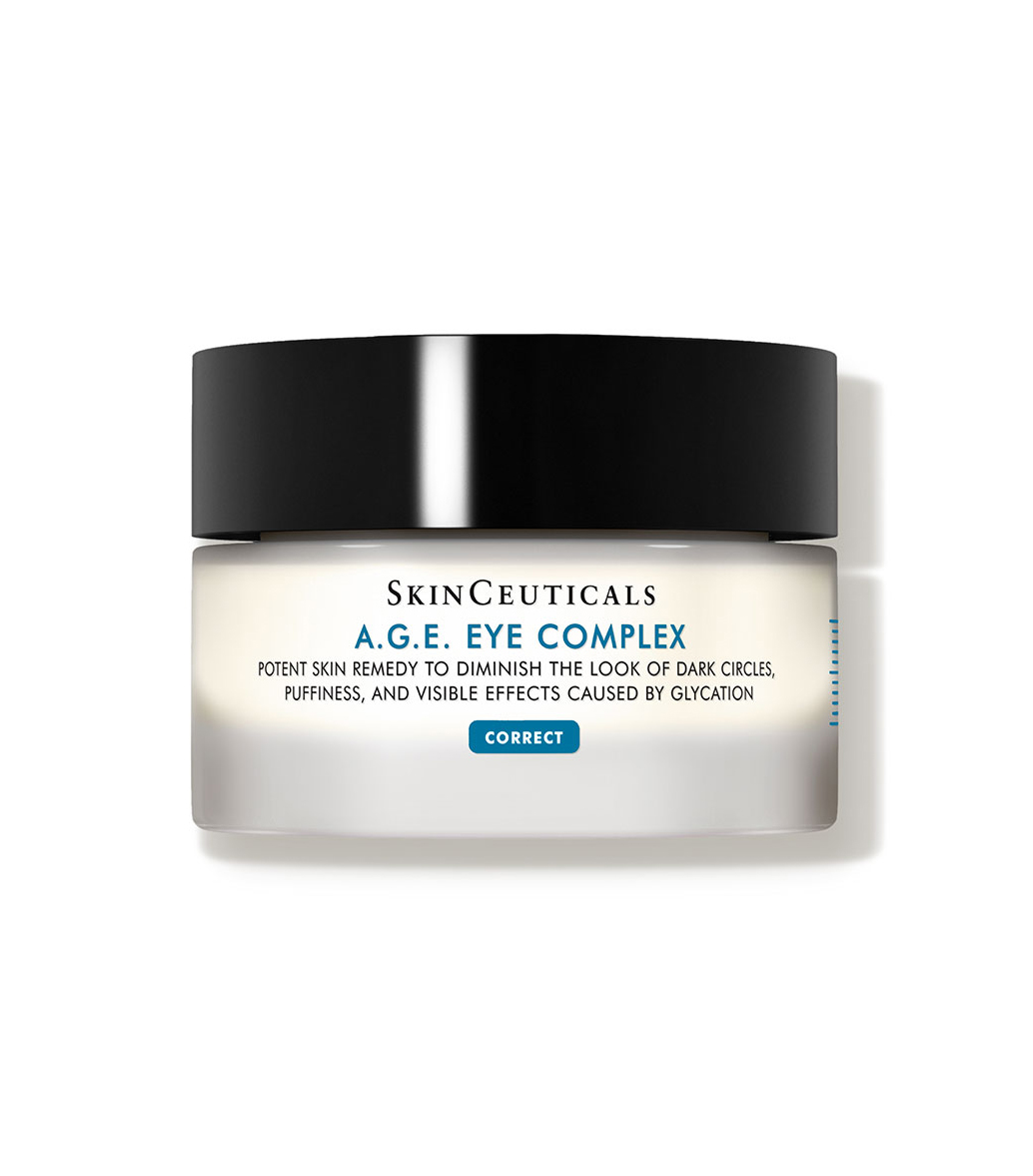
Skinceuticals' A.G.E. Eye Complex is one of the most highly reviewed eye creams out there. It contains blueberry extract to fortify the skin, Proxylane to restore water and nutrients, flavonoids and peptides to reduce the appearance of dark circles and bags, and optical diffusers to brighten and disperse light.
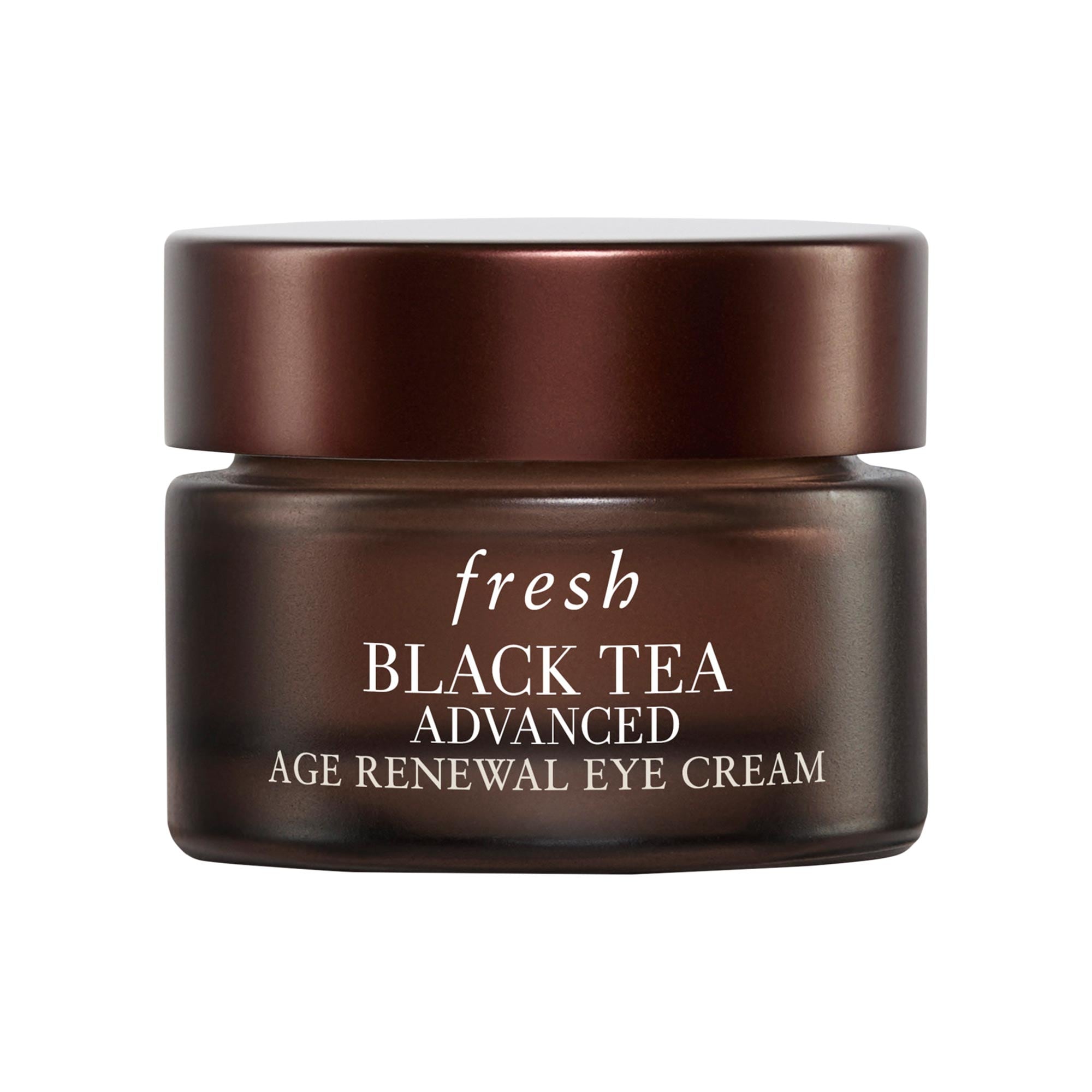
This is one of my favorite eye creams because it's ultra moisturizing and feels so refreshing when I apply it. I've noticed that it really does work on my dark circles and makes me appear more awake, which is a big bonus if I'm running on zero sleep! Ingredients include a proprietary black tea complex and antioxidant-rich noni fruit juice.
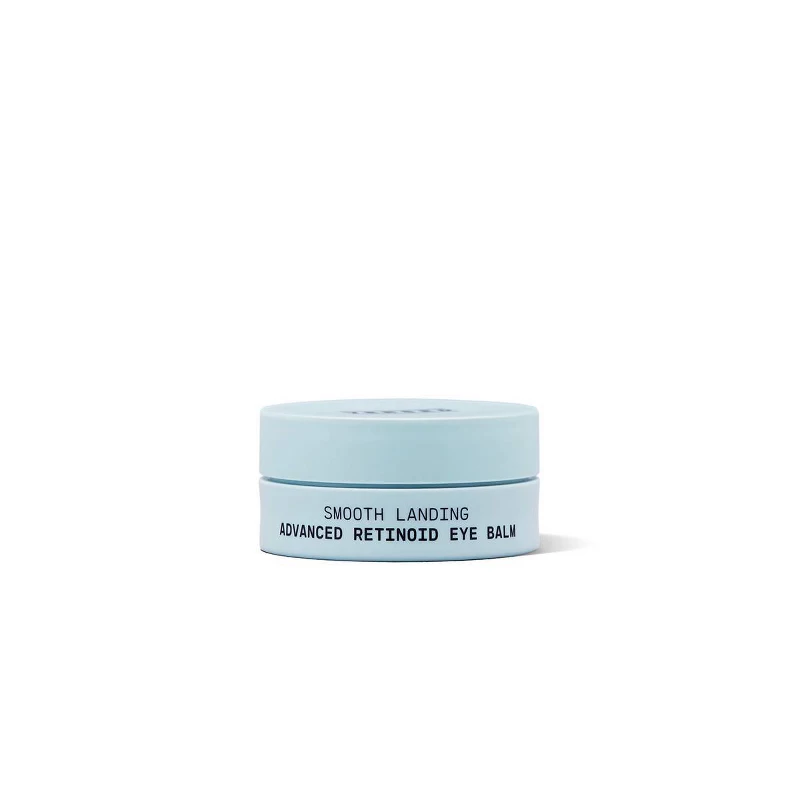
Versed's Smooth Landing Eye Balm is another product I keep on rotation. It goes on so smoothly and refreshingly and works to hydrate, brighten, and smooth the skin area. I also love that it doesn't feel too heavy or sticky. It contains a granactive retinoid, shiitake mushroom extract, and vitamin E.
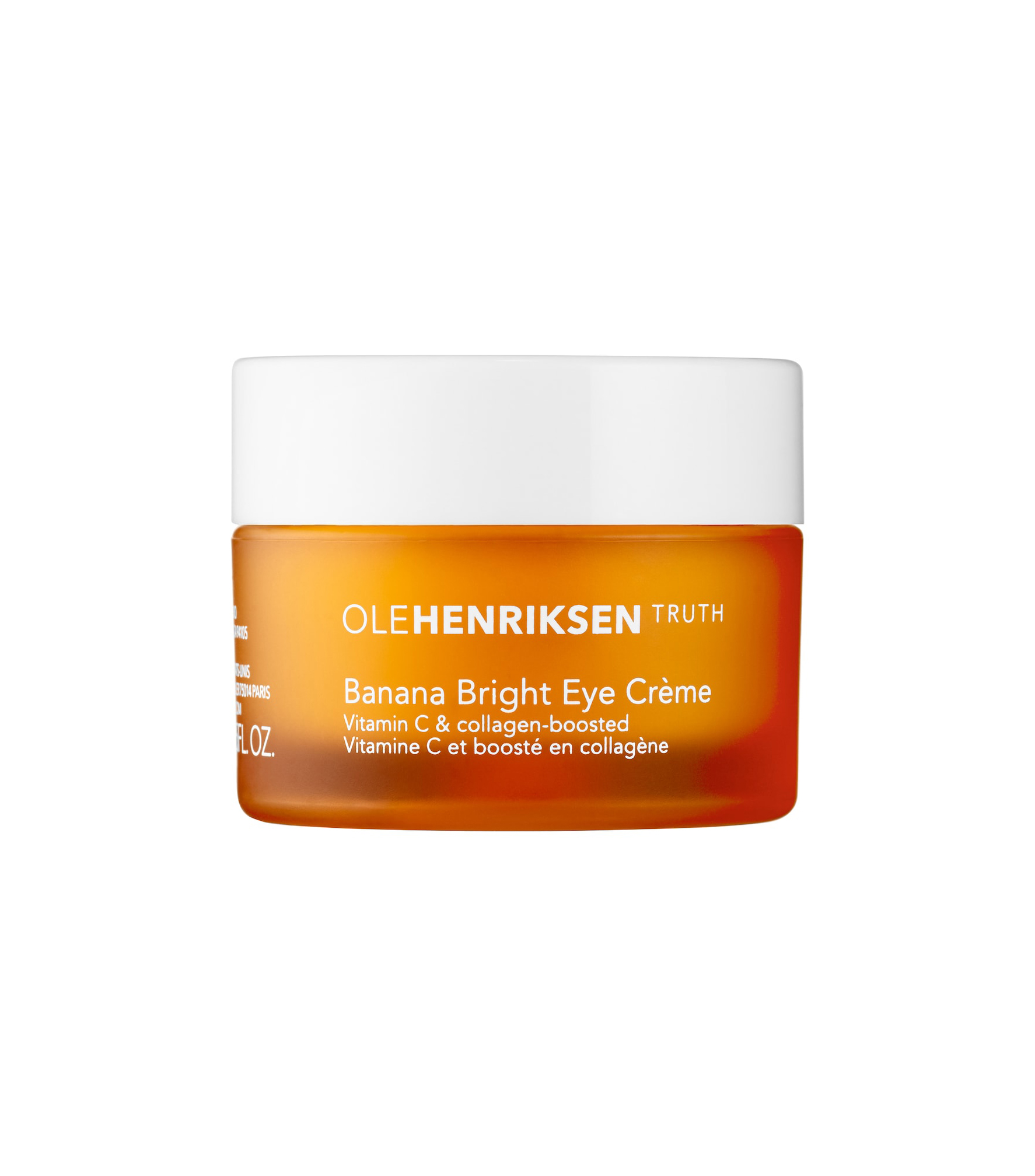
Vitamin C really makes a major difference in brightening those under-eye circles. This cult-favorite eye cream does the work and then some. It also targets fine lines and wrinkles and deeply moisturizes the skin. And the product even works as a sort of primer for concealer, creating a smooth surface for application.
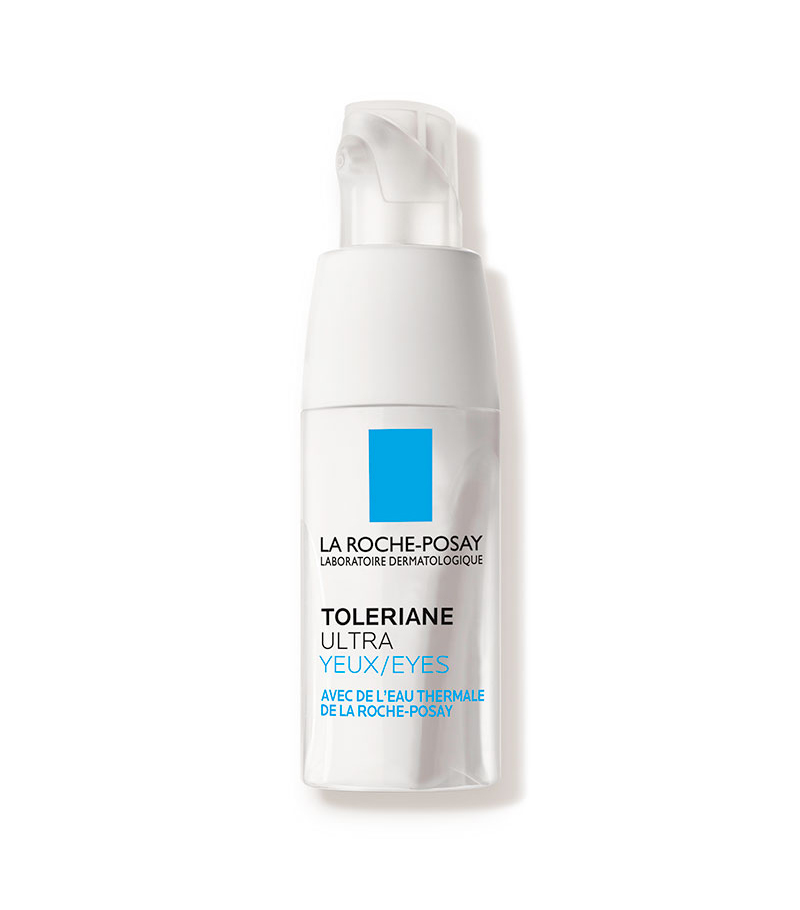
The area around your eyes can be very delicate, but if you find the skin is even more sensitive, then this cream might provide some sweet relief. The formula includes thermal water, neurosensine, and niacinamide to reduce the appearance of dark circles and soothe dryness.
This article was originally published at an earlier date and has since been updated.
Sarah is lifestyle writer and editor with over 10 years of experience covering health and wellness, interior design, food, beauty, and tech. Born and raised in Los Angeles, she attended New York University and lived in New York for 12 years before returning to L.A. in 2019. In addition to her work at Who What Wear, she held editor roles at Apartment Therapy, Real Simple, House Beautiful, Elle Decor, and The Bump (sister site of The Knot). She has a passion for health and wellness, but she especially loves writing about mental health. Her self-care routine consists of five things: a good workout, “me” time on the regular, an intriguing book/podcast/playlist to unwind after a long day, naps, and decorating her home.
